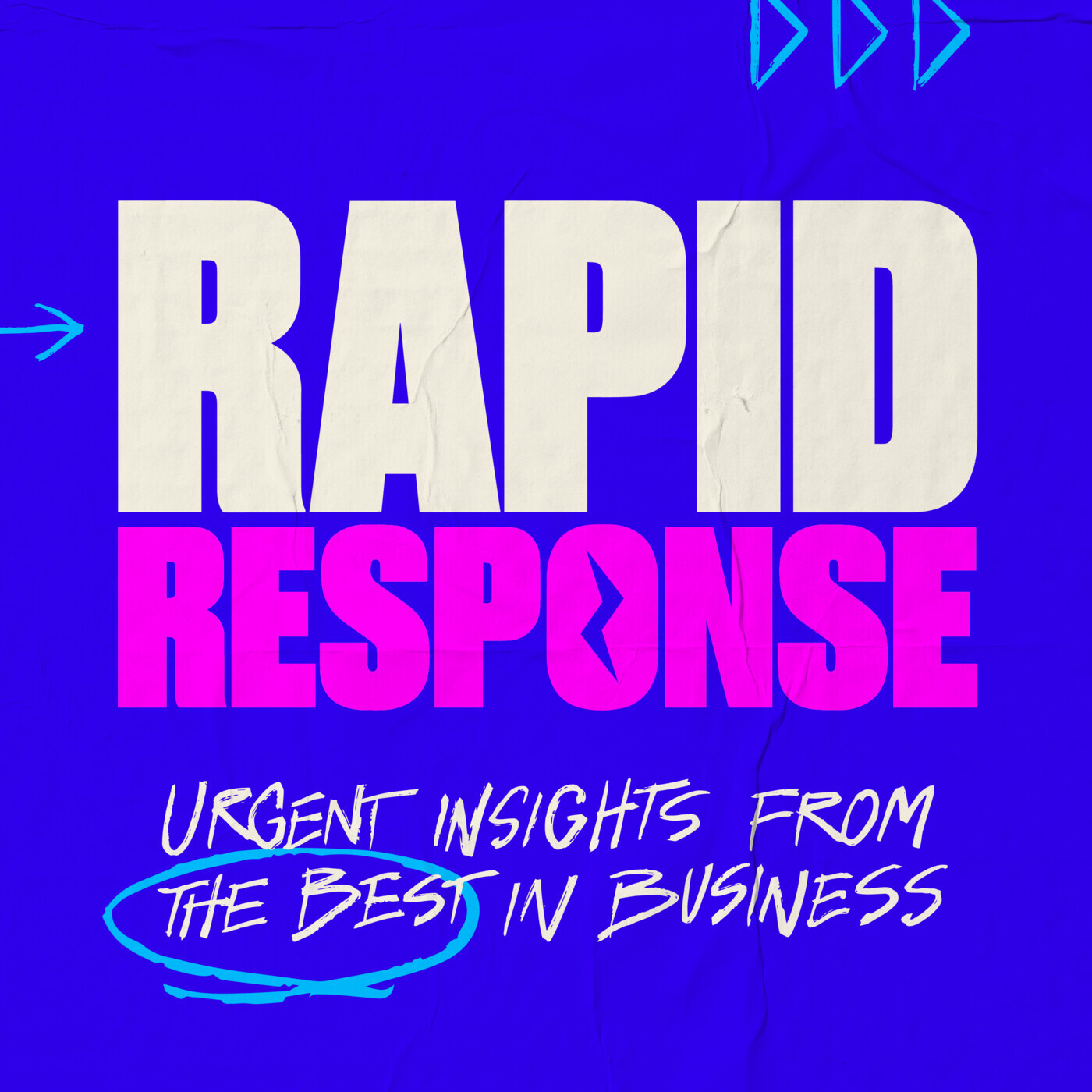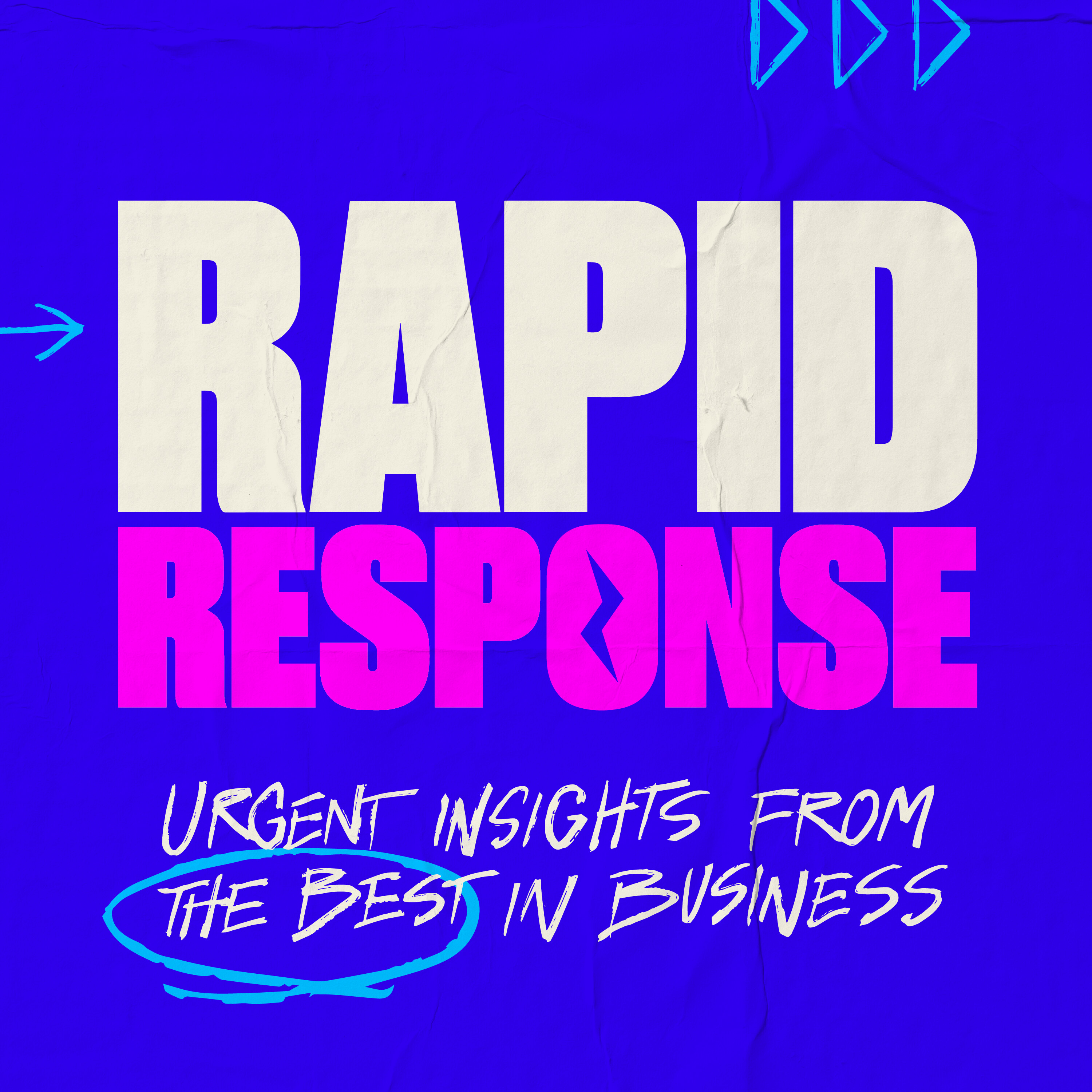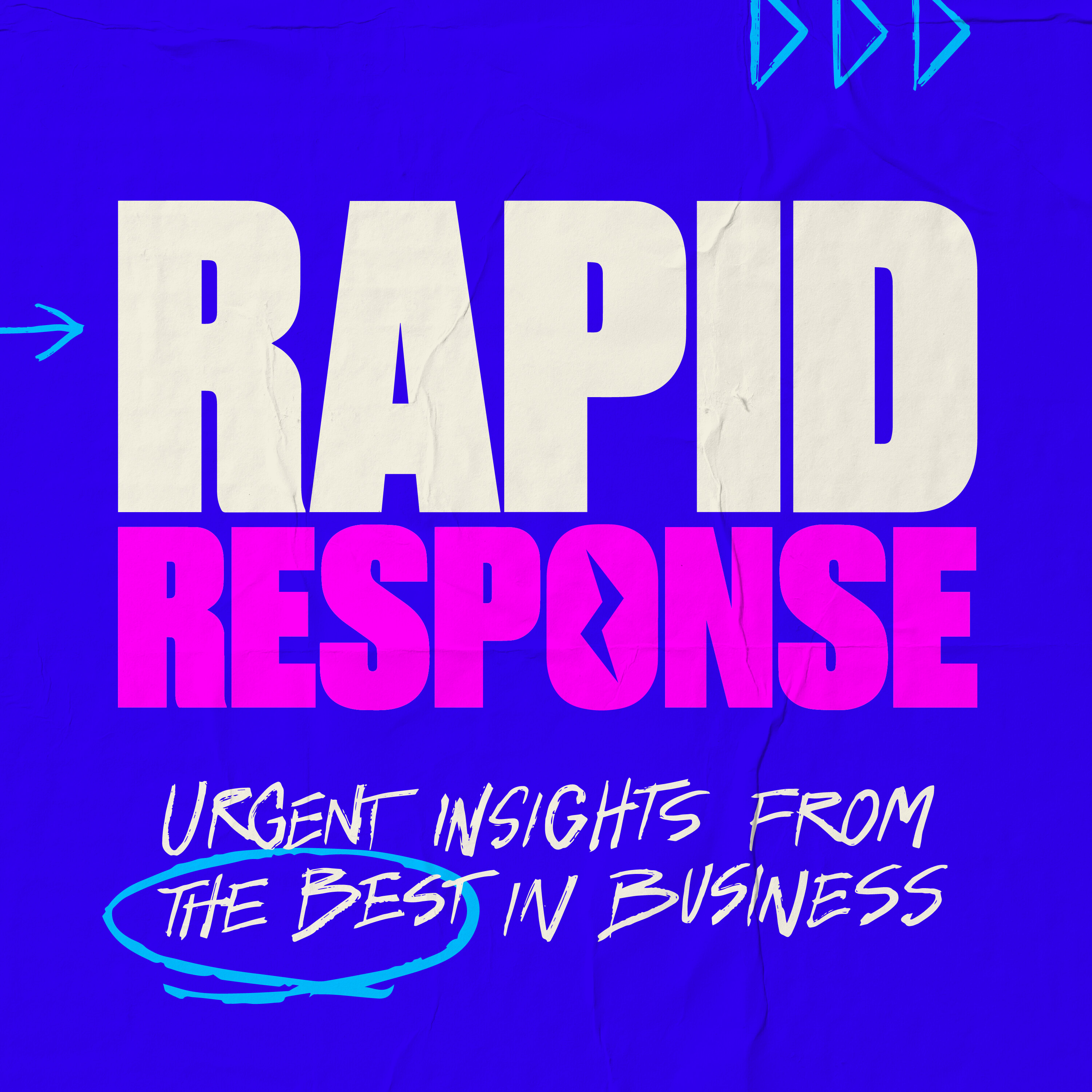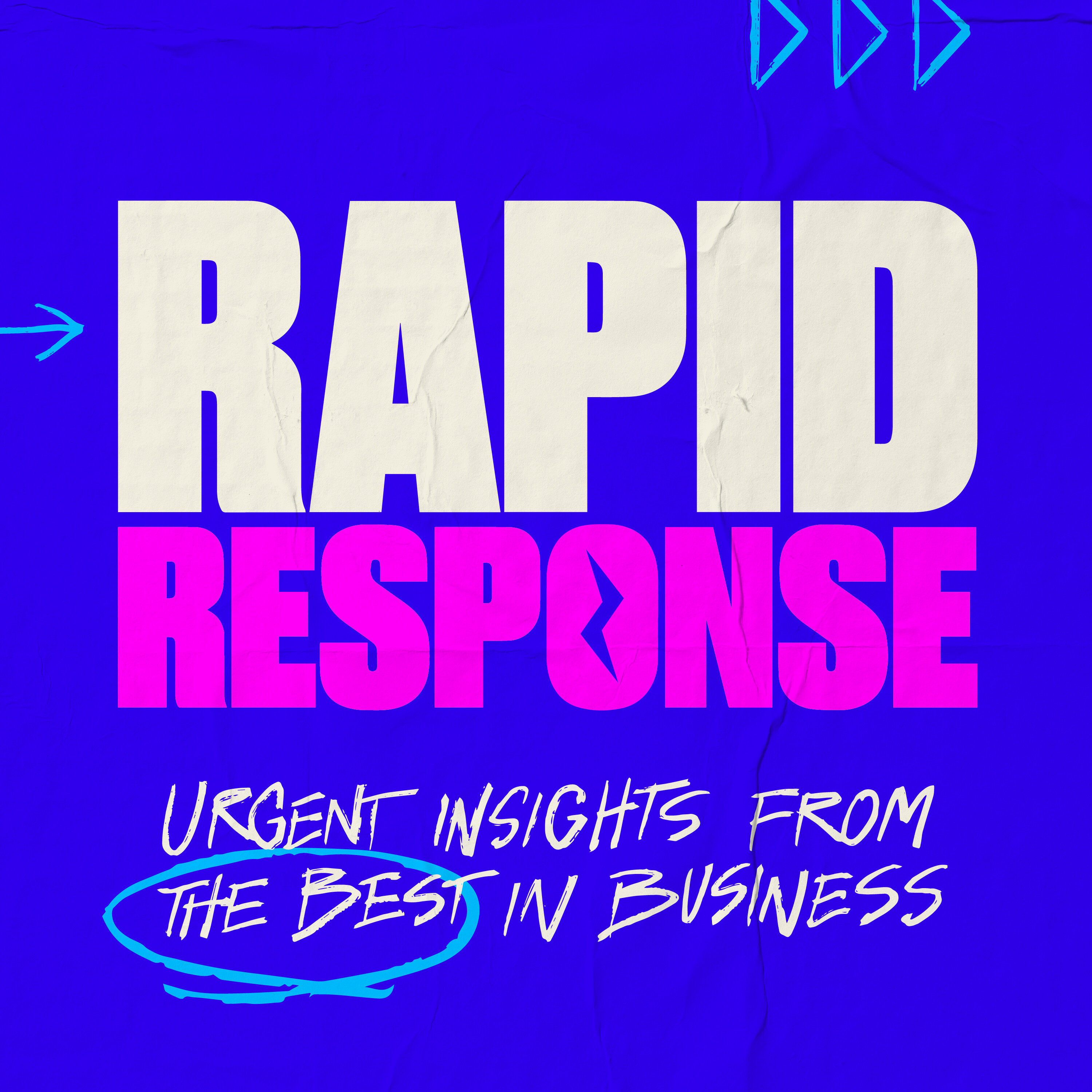
November 16, 2024 • 1hr 9min
Possible: Bill Gates on possibility, AI, and humanity
Masters of Scale

Key Takeaways
- AI's Impact on Climate Change: While AI requires significant electricity, its ability to accelerate scientific discovery and innovation in areas like material science and biology will be a net positive for climate solutions
- Global Health Progress: Child mortality has been cut in half since 2000, from 10 million to 5 million deaths per year, through targeted interventions in areas like diarrhea and pneumonia
- Climate Solutions: Getting to zero emissions requires addressing all major sources including:
- Cows (5% of emissions) through vaccines and feed modifications
- Clean electricity through nuclear, solar, wind and other renewables
- Industrial processes like cement and steel manufacturing
- Education Innovation: While previous ed-tech efforts had limited impact, AI enables personalized tutoring and immediate feedback that could transform learning outcomes
- Future Outlook: Gates maintains an optimistic view, citing objective improvements in health, rights, and quality of life over past decades while acknowledging key risks around AI, bioterrorism, nuclear weapons and polarization
Introduction
Bill Gates joined Reid Hoffman and Aria Finger to discuss his main areas of focus: climate change, energy, global health, and education—and how AI will help transform each of them. As one of the most influential people in the world, Gates brings a unique perspective on humanity's progress and potential for meaningful change across these critical domains.
Topics Discussed
Climate Change and Energy Solutions (19:14)
Gates outlined the major sources of emissions and potential solutions, emphasizing the need to achieve both zero emissions and zero cost premium for green alternatives.
- Cow emissions represent 5% of global emissions and can be addressed through:
- Vaccines that modify gut bacteria
- Feed modifications
- Drug treatments
- Mechanical methane capture devices
- Energy solutions include:
- Continued improvement in solar efficiency (from 10% to potentially 40%)
- Nuclear fission and fusion development
- Geothermal power in suitable locations
- Grid improvements for renewable integration
Global Health Progress and Challenges (34:42)
Gates discussed the foundation's approach to global health and recent progress in reducing child mortality and disease burden.
- Disease eradication efforts:
- Polio nearly eliminated, with remaining challenges in conflict zones
- Guinea worm close to eradication
- Malaria targeted for potential eradication starting 2030
- Healthcare delivery innovation:
- AI-powered ultrasound for pregnancy risk assessment
- Point-of-care diagnostic tools
- Mobile health advice in native languages
AI Applications in Drug Discovery (39:13)
Gates highlighted how AI is accelerating medical research and drug development.
- Protein and molecular modeling:
- AI trained on 150,000+ known molecular structures
- Improved prediction of protein shapes and drug binding sites
- Potential for modeling entire cells, organs, and organisms
- Expected timeline: Most non-neurological diseases could see dramatic advances in 10-20 years
Education Innovation Through AI (49:03)
Gates discussed the potential for AI to transform education after previous technology initiatives showed limited impact.
- AI-enabled improvements:
- Personalized tutoring at scale
- Immediate feedback on homework and assignments
- Detailed learning analytics for teachers
- Adaptation to individual student interests and learning styles
- Implementation challenges:
- Need for teacher buy-in and proper integration
- Importance of maintaining social classroom experience
- Equity considerations in access and deployment
Future of AI and Society (1:00:01)
Gates shared his perspective on near-term AI developments and longer-term societal implications.
- Next 3-5 years:
- Widespread white-collar task automation
- Improved data analysis and business intelligence
- More natural human-computer interaction
- Longer-term developments:
- Horizontal robotics capabilities within 10 years
- Transformation of software applications and interfaces
- Need for new governance and regulatory frameworks
Optimism and Progress (58:14)
Gates emphasized the importance of recognizing progress while remaining vigilant about key risks.
- Areas of progress:
- Reduced child mortality
- Improved rights for women and minorities
- Technological advances in healthcare and energy
- Key risks to address:
- AI safety and governance
- Nuclear weapons
- Bioterrorism
- Political polarization
Conclusion
The conversation with Bill Gates revealed a deeply optimistic yet pragmatic view of humanity's future. While acknowledging serious challenges around climate change, global health, and emerging technologies, Gates emphasized the tremendous progress already made and the accelerating potential for positive change through AI and other innovations. His focus on quantifiable improvements in global health and practical solutions to climate change demonstrates how systematic approaches to major challenges can yield meaningful results. The discussion highlighted how AI, while presenting its own challenges, could be a powerful tool for addressing humanity's greatest challenges in health, education, and climate change.




